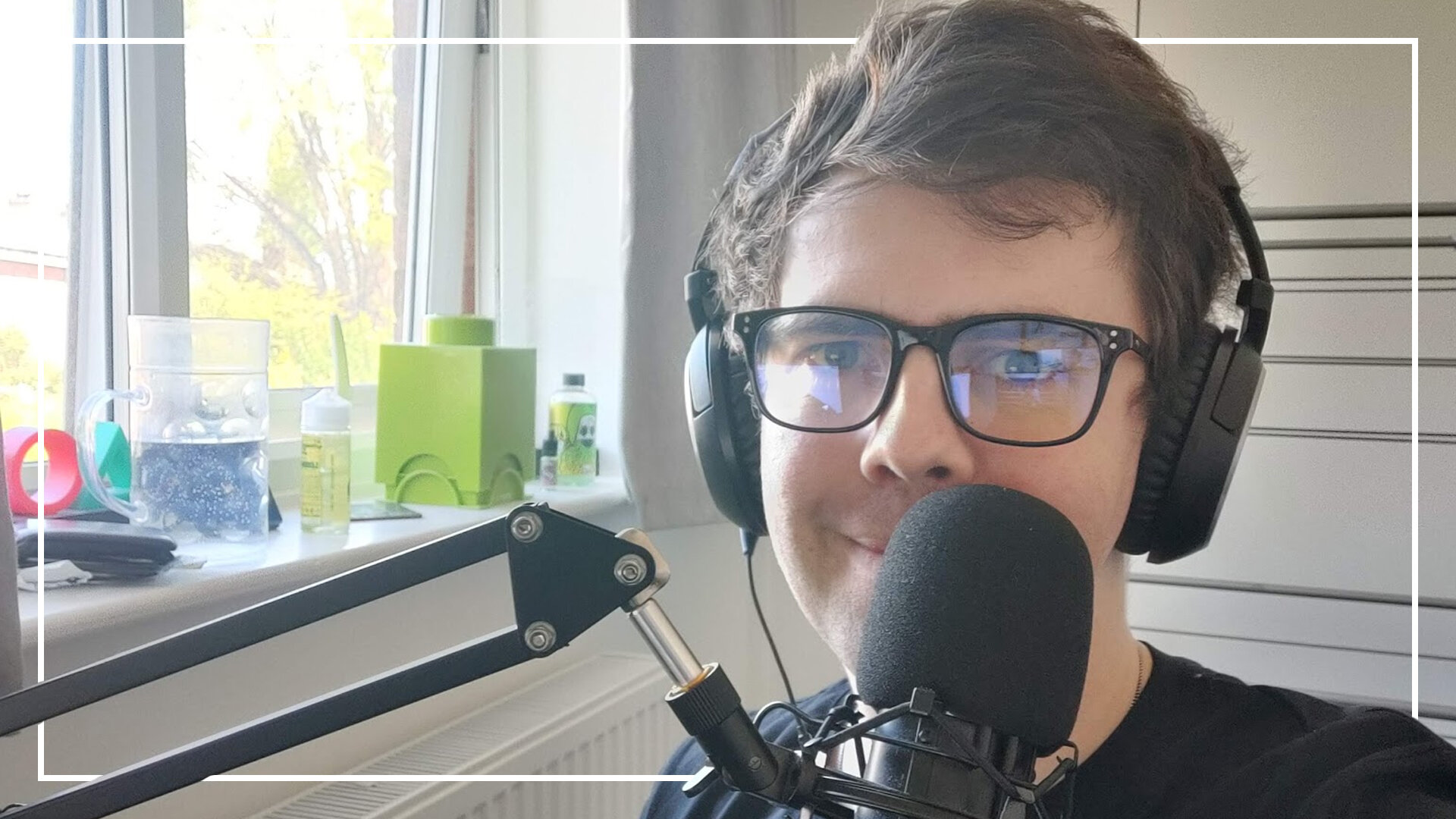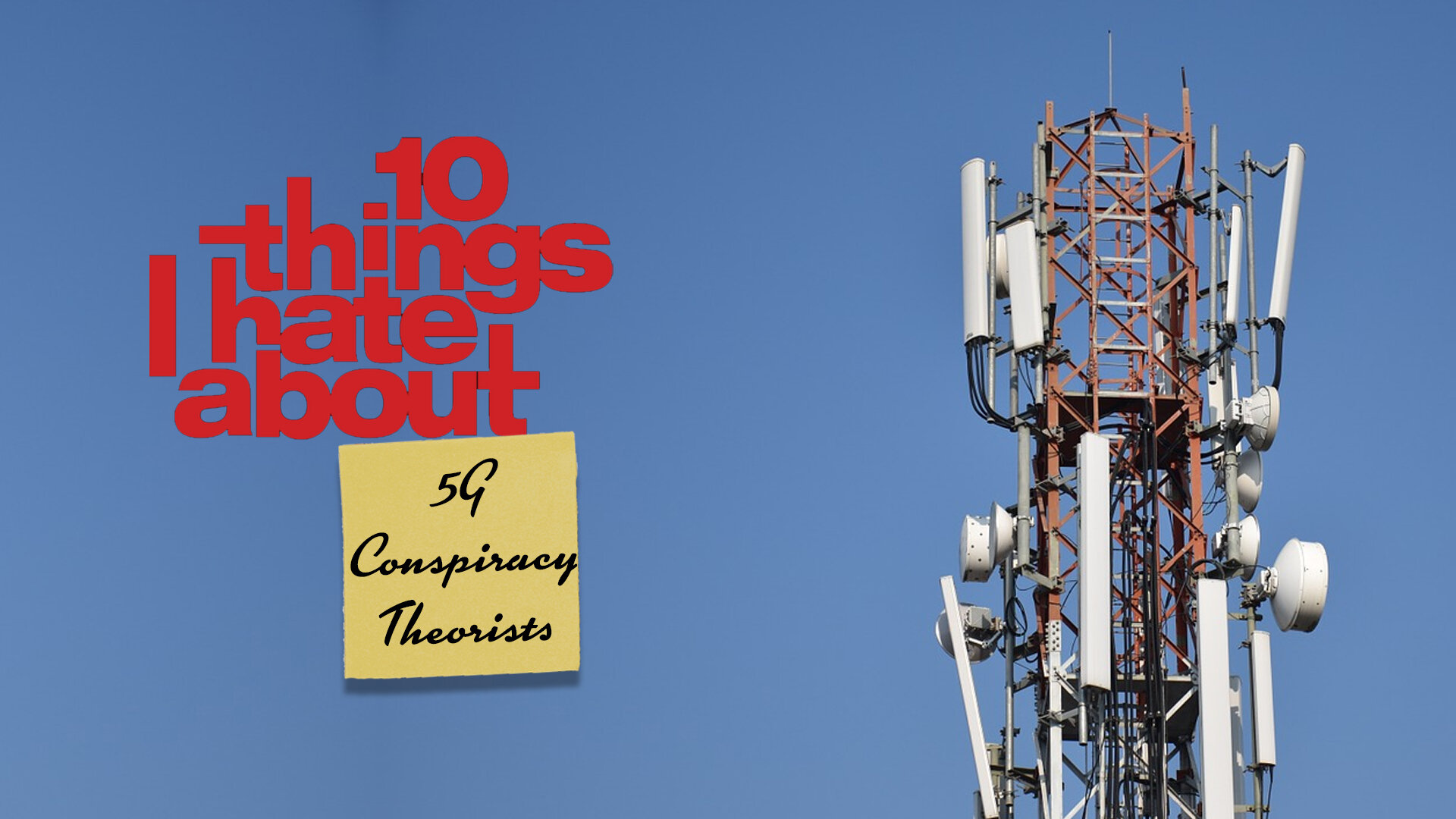The Autumn Statement Shows The Future Of British Tech Is A Bright, But Terrifying Surveillance State
The Autumn Statement has come and gone, and while many people are rightfully focussed on the fact that Brexit will cost the country £226 million every week, chancellor Philip Hammond announced some interesting new policies that will affect the technology, science and transport industries.
The government is planning to spend an extra £23 billion in what has been called the National Productivity Investment Fund (NPIF) - with investments starting in 2017/18 and finishing in 2021/22.
In terms of where the money is going to specifically, £4.7 billion of this will be spent on science research - increasing R&D funding by 20% and a new pot called the “Industrial Strategy Challenge Fund.” This will encourage greater collaboration between UK researchers and business - think how DARPA works in the US, just over here.
Another £1 billion - £700 million which will come from NPIF is going to be dedicated to bringing 5G connectivity to the nation (you may have seen Ordnance Survey lend a helping hand to this) and improving fibre broadband connection.
They will also be supporting electric and low-emission vehicles. £80 million on electric charging points, and £100 million will help develop the infrastructure needed for driverless cars.
And finally, £500,000 per year will be used to help financially boost technology start-ups. London is well known for it’s financial technology community, otherwise known as “fintech,” and the government want to encourage that.
So all-in-all, an exciting path has been paved for the future of British technology… May be vague promises at the moment, but let’s hope they keep them.
However, is all of this a smokescreen for the unprecedented surveillance powers government are about to receive?
The UK is about to become one of the world’s most advanced surveillance states, allowing police to spy on its own people to such an extent that is unheard of in any democracy.
The UN’s privacy has been on record to call the situation “worse than scary.” Edward Snowden says it’s “the most extreme surveillance in the history of western democracy.”
To give you the cliff notes, the government will keep a record of every website all of their citizens visit for up to a year, and this information extends even to the apps on their phone. They will also keep a hold of your call data too.
Plus, they can access all of this data without a warrant - accessible through what they’re calling “equipment interference,” or hacking in less political terms. This interference can be done in either of two ways: targeted or bulk: targeted means law enforcement can hack specific devices, where as bulk means they can hack many.
So this is the new face of British technology. On one side, we get faster internet and self-driving cars quicker. On the other side, the significant investments come at a price of that connection being used against us.












Alongside the scientists, 50% of the British public and the future health of young people across the nation, I have one simple request: delay Freedom Day, please.